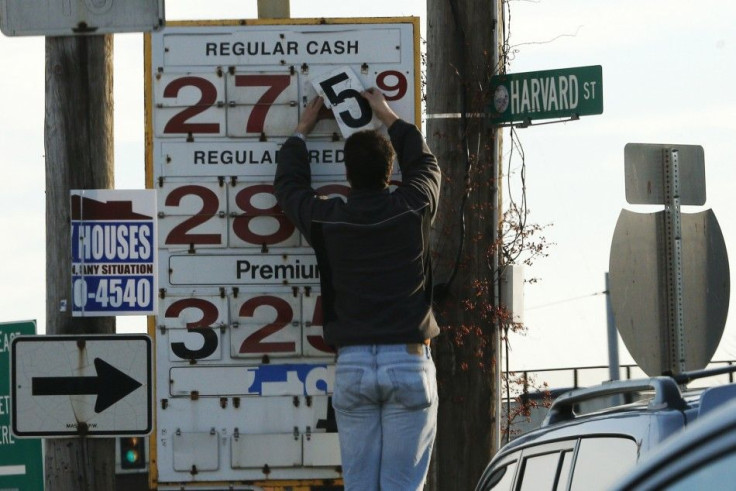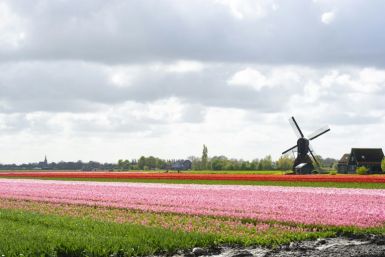UK Makes Big Oil Discovery In South England; The Onshore Site Bigger Than North Sea Source

Bringing cheer to the U.K energy sector, a major oil discovery has been made at an onshore site in south England, closer to the Gatwick airport. According to exploration firm U.K. Oil & Gas Investments (UKOG), the new well can yield 100 billion barrels of oil and is bigger than any existing source in the country.
This will be double the volume of oil pumped by Britain's offshore North Sea field in the past 40 years. The UKOG chief executive, Stephen Sanderson described the discovery as a "world class potential resource." He said the find has the potential for significant daily oil production. The firm also said only 3 to 15 percent of the total reserves could be recovered in the initial phase, reports CNN.
According to experts, in the newly discovered well, billion barrels of oil might be lying beneath the onshore site developed at South of England. It may be recalled that in 40 years, the North Sea produced only 45 billion barrels. "We think we've found a very significant discovery here, probably the largest onshore in the U.K. in the last 30 years, and we think it has national significance," Stephen Sanderson, UKOG's chief executive told the BBC.
According to UKOG, in the new well, bulk of the oil will be within the Upper Jurassic Kimmeridge formation at a depth of between 2,500ft (762m) and 3,000ft (914m). This adds one more source to the thriving onshore oil production in South England, which has been on for many decades. Currently, there are a dozen oil production sites at Weald spanning Kent, Sussex, Surrey and Hampshire.
Meanwhile, ongoing research at Imperial College suggests more oil in the region than was previously thought. According to professor Alastair Fraser, the analysis of rocks using most sophisticated equipment at the University of Utah in Salt Lake City has showed that a third of the Weald carries a resource of 13 billion barrels. Meanwhile, the UKOG dismissed fears of fracking at the new site and maintained that the ideal process would be horizontal drilling. Fracking involves pumping of water, sand and chemicals at very high pressure for releasing oil and gas trapped within.
Industry Consolidation
Despite this good news, Britain's energy industry has its own problems handed down by the sharp drop in oil price in the past one year. In February, trade group Oil & Gas UK cautioned that new investment in the North Sea may fall by one third in 2015, as weak oil prices and rising production costs are forcing many companies to pull back. At the same time, low energy prices are hastening a consolidation in the market. A wave of tie-ups is happening in the oil sector. On April 8, Royal Dutch Shell and British firm BG Group announced a £47 billion ($69.7 billion) merger.
(For feedback/comments, contact the writer at kalyanaussie@gmail.com)






